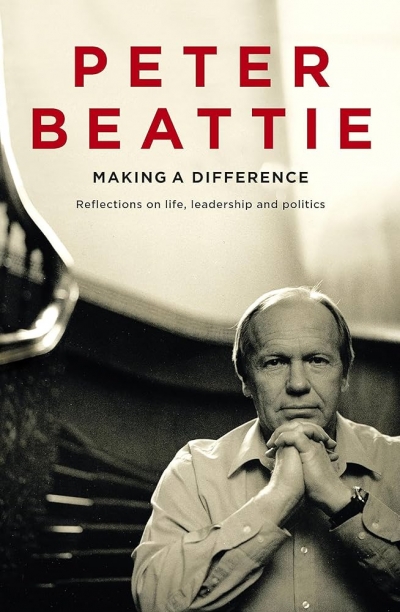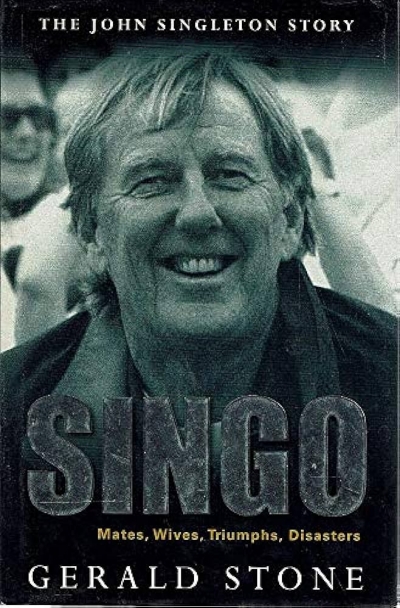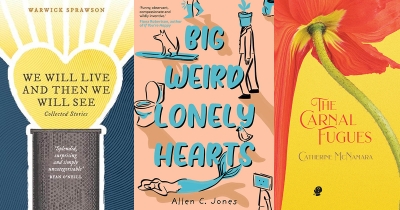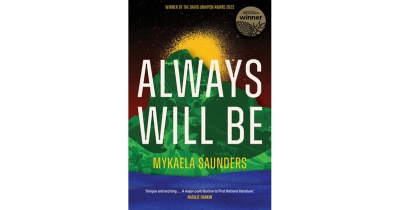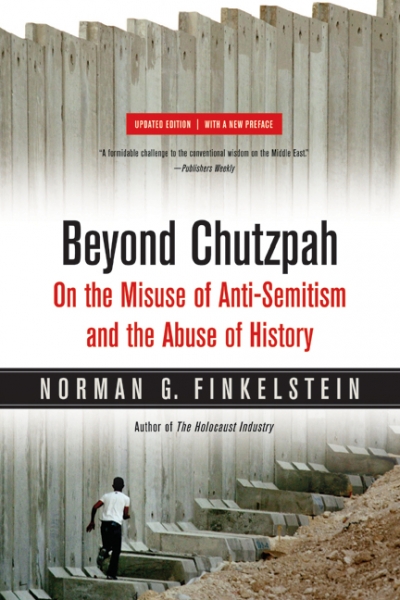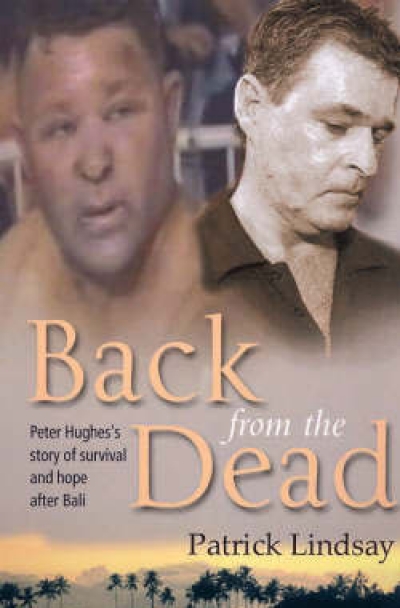Archive
Hecate vol. 30, no. 2 edited by Carole Ferrier & Island 99 edited by David Owen
Making a Difference: Reflections on life, leadership and politics by Peter Beattie (with Angelo Loukakis)
Brisbane crackers
The Brisbane Writers’ Festival has come and gone with great success and a sizeable audience. ABR sponsored a session: Chris Wallace-Crabbe, Tim Milfull, Brenda Niall and Peter Rose (photographed by Judith Potts below) discussed ‘The Art of Literary Criticism’. On the Sunday, Delia Falconer launched our October issue: ‘a cracker’, in her words. Describing ABR as ‘an ideal as much as a magazine, and an essential part of our literary culture’, Delia wished us ‘a long and argumentative life to come’ and urged everyone to subscribe. Many did rather than running the gauntlet of the four volunteers who assisted us throughout the festival, and to whom we are grateful.
... (read more)Singo: Mates, wives, triumphs, disasters by Gerald Stone
Last month it was autobiography’s turn, when David McCooey examined recent Australian memoirs (La Trobe University Essay, ABR, May 2006). Now it is biography’s turn: the genre will be the subject of the 2006 Australian Book Review/La Trobe University Annual Lecture, titled ‘Matters of Life and Death: The Return of Biography’. Our distinguished lecturer is Professor Ian Donaldson, Director of the ANU’s Humanities Research Centre, head of the latter’s new Biography Institute, and Consultant Editor for The Oxford Dictionary of National Biography. He is a general editor of The Cambridge Edition of the Works of Ben Jonson (due for publication in twenty-five volumes in 2007), and is completing a life of Jonson for OUP.
... (read more)We Will Live and Then We Will See by Warwick Sprawson & Big Weird Lonely Hearts by Allen C. Jones
Beyond Chutzpah by Norman G. Finkelstein & Israel’s Holocaust and the Politics of Nationhood by Idith Zertal
It is two fathers punching each other in the footy sheds
shadows extending over the river flats,
over the bachelor nursing a long neck on his porch
over the epileptic twisting on the mechanic’s floor.


